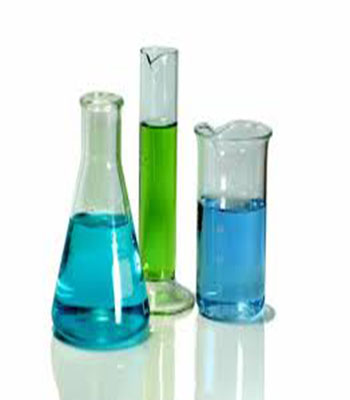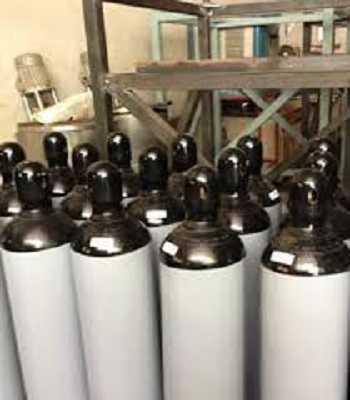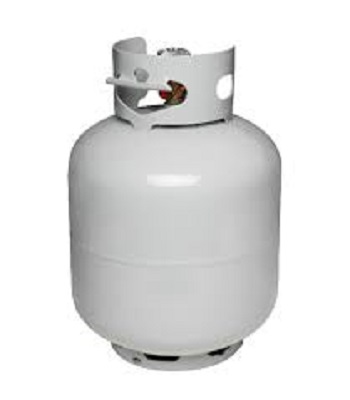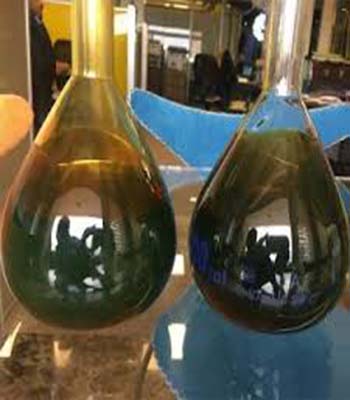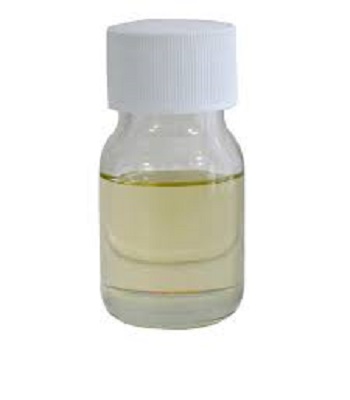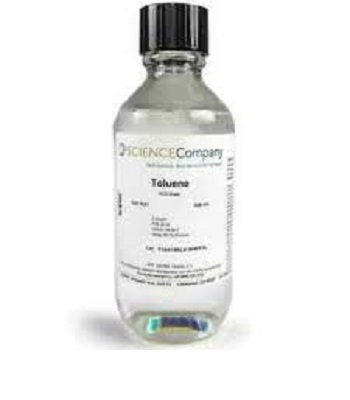ParaxXylene-Hydrocarbons
$0.00P-Xylene is an aromatic hydrocarbon. It is one of the three isomers of dimethylbenzene known collectively as xylenes. The p- stands for para-, indicating that the two methyl groups in p-xylene occupy the diametrically opposite substituent positions 1 and 4
ParaxXylene-Hydrocarbons
$0.00P-Xylene is an aromatic hydrocarbon. It is one of the three isomers of dimethylbenzene known collectively as xylenes. The p- stands for para-, indicating that the two methyl groups in p-xylene occupy the diametrically opposite substituent positions 1 and 4
ParaxXylene-Hydrocarbons
$0.00P-Xylene is an aromatic hydrocarbon. It is one of the three isomers of dimethylbenzene known collectively as xylenes. The p- stands for para-, indicating that the two methyl groups in p-xylene occupy the diametrically opposite substituent positions 1 and 4
Penthane-Hydrocarbons
$0.00Pentane is an organic compound with the formula C₅H₁₂—that is, an alkane with five carbon atoms. The term may refer to any of three structural isomers, or to a mixture of them: in the IUPAC nomenclature, however, pentane means exclusively the n-pentane isomer; the other two are called isopentane and neopentane
Penthane-Hydrocarbons
$0.00Pentane is an organic compound with the formula C₅H₁₂—that is, an alkane with five carbon atoms. The term may refer to any of three structural isomers, or to a mixture of them: in the IUPAC nomenclature, however, pentane means exclusively the n-pentane isomer; the other two are called isopentane and neopentane
Penthane-Hydrocarbons
$0.00Pentane is an organic compound with the formula C₅H₁₂—that is, an alkane with five carbon atoms. The term may refer to any of three structural isomers, or to a mixture of them: in the IUPAC nomenclature, however, pentane means exclusively the n-pentane isomer; the other two are called isopentane and neopentane
Propane-Hydrocarbon
$0.00Propane is a three-carbon alkane with the molecular formula C₃H₈. It is a gas at standard temperature and pressure, but compressible to a transportable liquid. This product is used as raw material for production of olefins and also as fuel.
Propane-Hydrocarbon
$0.00Propane is a three-carbon alkane with the molecular formula C₃H₈. It is a gas at standard temperature and pressure, but compressible to a transportable liquid. This product is used as raw material for production of olefins and also as fuel.
Propane-Hydrocarbon
$0.00Propane is a three-carbon alkane with the molecular formula C₃H₈. It is a gas at standard temperature and pressure, but compressible to a transportable liquid. This product is used as raw material for production of olefins and also as fuel.
Raffinate-Hydrocarbons
$0.00Raffinate (petroleum gas, butane-butene raffinate) is the remain of C4-fraction after the extraction of 1,3-butadiene. Raffinate is the hydrocarbon (butane-butene) gas mixture. It is extremely flammable, colorless gas, with slight aromatic odor.
Raffinate-Hydrocarbons
$0.00Raffinate (petroleum gas, butane-butene raffinate) is the remain of C4-fraction after the extraction of 1,3-butadiene. Raffinate is the hydrocarbon (butane-butene) gas mixture. It is extremely flammable, colorless gas, with slight aromatic odor.
Raffinate-Hydrocarbons
$0.00Raffinate (petroleum gas, butane-butene raffinate) is the remain of C4-fraction after the extraction of 1,3-butadiene. Raffinate is the hydrocarbon (butane-butene) gas mixture. It is extremely flammable, colorless gas, with slight aromatic odor.
TDI
$0.00DESCRIPTION
Toluene di isocyanate (TDI) is a member of isocyanates which are chemically related to Polyurethanes. Two of the six possible isomers are commercially important: 2,4-TDI and 2,6-TDI. 2,4-TDI is produced in the pure state, but TDI is often marketed as 80/20 and 65/35 mixtures of the 2,4 and 2,6 isomers respectively. The Produced TDI in KRNPC is a 80:20 mixture of the 2,4 and 2,6 isomers with purity of at least 99.5%.
TDI
$0.00DESCRIPTION
Toluene di isocyanate (TDI) is a member of isocyanates which are chemically related to Polyurethanes. Two of the six possible isomers are commercially important: 2,4-TDI and 2,6-TDI. 2,4-TDI is produced in the pure state, but TDI is often marketed as 80/20 and 65/35 mixtures of the 2,4 and 2,6 isomers respectively. The Produced TDI in KRNPC is a 80:20 mixture of the 2,4 and 2,6 isomers with purity of at least 99.5%.
TDI
$0.00DESCRIPTION
Toluene di isocyanate (TDI) is a member of isocyanates which are chemically related to Polyurethanes. Two of the six possible isomers are commercially important: 2,4-TDI and 2,6-TDI. 2,4-TDI is produced in the pure state, but TDI is often marketed as 80/20 and 65/35 mixtures of the 2,4 and 2,6 isomers respectively. The Produced TDI in KRNPC is a 80:20 mixture of the 2,4 and 2,6 isomers with purity of at least 99.5%.
TOLUENE
$0.00DESCRIPTION
Toluene is an aromatic compound that has many applications in chemical industries. Toluene, with C7H8 chemical formula, is found a lot in coal tar and with less quantity, in crude oil. Toluene is a colorless and flammable liquid, which is soluble in alcohol, benzene and ethers, but not water. The most important source of producing Toluene is reformates and after that is pyrolysis gasoline from olefin units. A little portion of toluene supply is derived from coke and coal-based processes.
TOLUENE
$0.00DESCRIPTION
Toluene is an aromatic compound that has many applications in chemical industries. Toluene, with C7H8 chemical formula, is found a lot in coal tar and with less quantity, in crude oil. Toluene is a colorless and flammable liquid, which is soluble in alcohol, benzene and ethers, but not water. The most important source of producing Toluene is reformates and after that is pyrolysis gasoline from olefin units. A little portion of toluene supply is derived from coke and coal-based processes.
TOLUENE
$0.00DESCRIPTION
Toluene is an aromatic compound that has many applications in chemical industries. Toluene, with C7H8 chemical formula, is found a lot in coal tar and with less quantity, in crude oil. Toluene is a colorless and flammable liquid, which is soluble in alcohol, benzene and ethers, but not water. The most important source of producing Toluene is reformates and after that is pyrolysis gasoline from olefin units. A little portion of toluene supply is derived from coke and coal-based processes.



